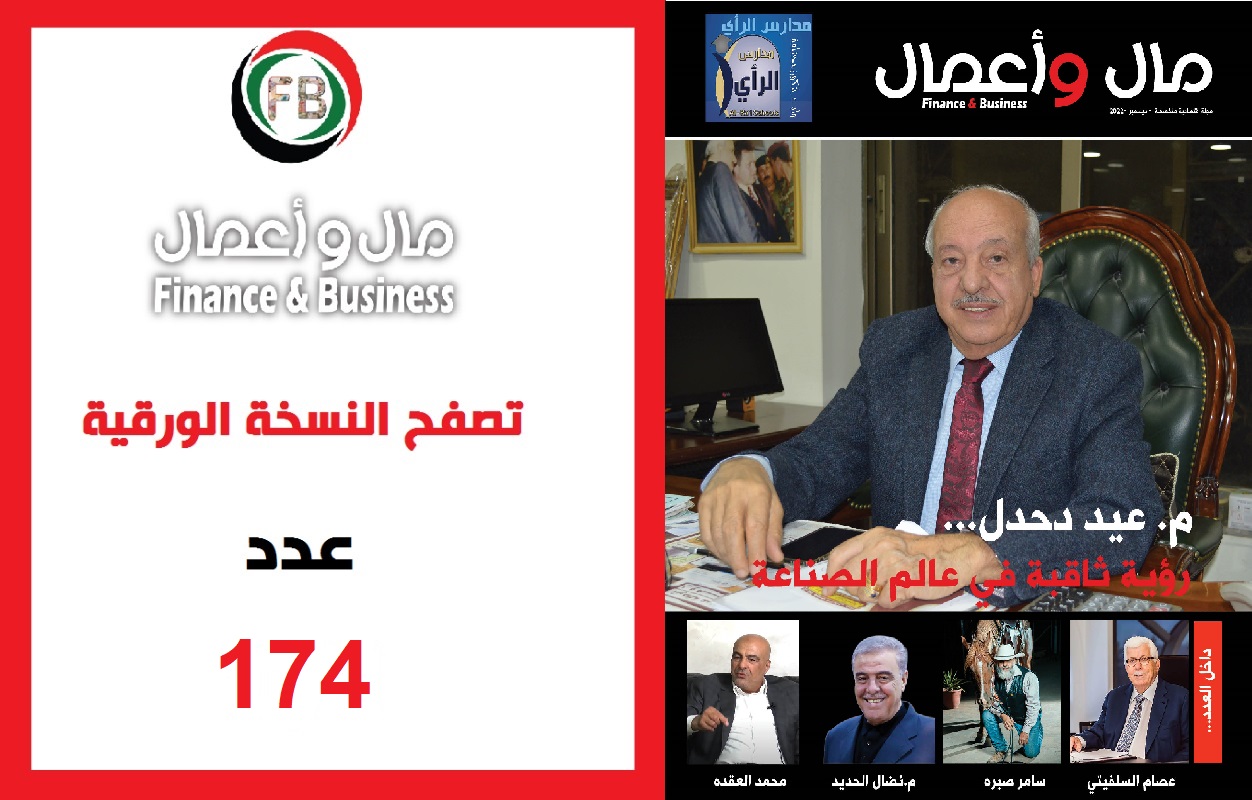
HE Saeed Mohammed Al Tayer, MD & CEO of Dubai Electricity and Water Authority (DEWA), has revealed that DEWA has achieved the lowest Customer Minutes Lost per year worldwide at 2.6 minutes. Al Tayer took part in a panel discussion during the World Future Energy Summit (WFES) in Abu Dhabi. Other participants in the panel discussion included HE Suhail Mohamed Faraj Al Mazrouei, UAE Minister of Energy; HE Dr Abdul Hussain Ali Mirza, Minister of Electricity & Water Affairs of Bahrain; HE Adnan Amin, Director General of the International Renewable Energy Agency (IRENA), and Nick Bridge, UK Government Special Representative for Climate Change. The panel was moderated by Bernardino León, President of the Emirates Diplomatic Academy.
“As we begin the Year of Zayed, we remember the efforts of the late Sheikh Zayed bin Sultan Al Nahyan, the Founding Father of the UAE, who worked to achieve a balance between development and the environment to protect the rights of future generations to live in a clean, healthy and safe environment.”
“The UAE continues the legacy of the late Sheikh Zayed based on a clear vision to make the UAE the best country in the world, under the wise leadership of His Highness Sheikh Khalifa bin Zayed Al Nahyan, President of the UAE; His Highness Sheikh Mohammed bin Rashid Al Maktoum, Vice President and Prime Minister of the UAE and Ruler of Dubai; and His Highness Sheikh Mohammed bin Zayed Al Nahyan, Crown Prince of Abu Dhabi and Deputy Supreme Commander of the UAE Armed Forces,” said Al Tayer
Talking about the role of governments and corporations in addressing the world’s environmental challenges and ensuring economic prosperity through a clean energy approach, Al Tayer said, “The UAE has many federal and local strategies, including the UAE Energy Strategy 2050 that sets a target of 50% for clean energy within the total energy mix by 2050, and the Dubai Clean Energy Strategy 2050 to reach 75% from clean energy by 2050. Globally, the main challenges to implement clean energy strategies are funds and prices, the efficiency and intermittency of renewable energy, regulatory and legislative frameworks; engagement with the private sector; and capacity building. In Dubai, we have dealt with these challenges through the Dubai Clean Energy Strategy 2050 and its 5 main pillars: infrastructure, legislation, funding, building capacities and skills and an environmentally-friendly energy mix.”
“With regards to funds and prices, we’ve adopted the Independent Power Producer (IPP) business model to enhance public-private partnerships. Through this model, we received the lowest prices for electricity in the world. Dubai has launched the AED100 billion Dubai Green Fund to finance investments in clean energy. As for the efficiency and intermittency of renewable energy, we target the highest levels of efficiency in solar projects. DEWA is working on the Hatta pumped-storage hydroelectric power station, and a project for Concentrated Solar Power (CSP) with thermal storage,” added Al Tayer.
Al Tayer said that DEWA is working on decoupling power and water production, and said that, by 2030 Reverse Osmosis (RO) will help expand production capacity to 305 Million Imperial Gallons per Day (MIGD) of desalinated water. This means that RO will produce 41% compared to its current share of 5%. DEWA will be able to produce 750 MIGD of desalinated water by 2030, compared to its current capacity of 470 MIGD.
DEWA is currently piloting energy storage systems, including 7.2 MWh Sodium Sulfur (NAS) batteries in cooperation with NGK. The project will be completed by the first quarter of 2018. DEWA is also working on and evaluating its 6.12 MWh Lithium Batteries project, in cooperation with LG Chem and Tesla. The project will be completed in 6 to 8 months.
“Dubai has a strong regulatory framework to encourage private sector investments. Dubai Government issued Law number 6 of 2011 to regulate the participation of the private sector in electricity and water production in Dubai, and issued resolution number 2 of 2010 to establish the Regulatory & Supervisory Bureau for electricity and water (RSB). Currently, DEWA has over 4,000MW of IPP projects underway, in partnership with the private sector at a total investment of AED30 billion. This model attracted external investments totalling AED 26 billion, enabling us to invest our own funds on other infrastructure projects. We expect that the IPP projects currently under development will generate an additional 12,000 jobs in Dubai during their life cycle,” said Al Tayer.
Al Tayer noted that DEWA is collaborating with multinational organisations on R&D including ENEL, ENREL, KEPCO, CENER, and others. Dubai also established green-economy platforms such as the World Green Economy Summit (WGES).
“We have a holistic approach for the energy sector and have translated that into workable strategies aligned with the strategies of the UAE and Dubai. We have a target of 75% for clean energy by 2050, through the Dubai Clean Energy Strategy 2050. Meeting the clean energy target requires a capacity of 42,000 MW of clean and renewable energy by 2050. Dubai is building the Mohammed bin Rashid Al Maktoum Solar Park, which is the largest single-site solar park in the world, with an installed capacity of 5,000MW by 2030. We have 213MW of photovoltaic power in service and a further 800MW of photovoltaic panels are under construction. A 700MW CSP plant is also being developed,” noted Al Tayer.
Answering a question about the influence of utilities and governments in demand for energy and increasing the efficiency of energy consumption, Al Tayer said, “In the UAE, there is a target to reduce electricity and water consumption by 40% by 2050. In Dubai, we have a Demand Side Management Strategy (DSM) to reduce power and water consumption by 30% by 2030. We are working in parallel on both ensuring the efficiency of supply side and concentrating on renewable energy together with rationalising consumption through our Demand Side Management Strategy. Our DSM has programmes such as building regulations, building retrofits, district central cooling, water reuse and efficient irrigation, specifications of energy efficiency of appliances, outdoor lighting, and the Shams Dubai initiative to install solar panels on rooftops. DEWA has established Etihad ESCO to help retrofit around 30,000 existing buildings in Dubai. The present value of the cumulative costs up to 2030 is estimated at AED 30 billion, while the present value of savings is estimated at AED 82 billion. This gives the DSM plan a Positive Net Economic Impact of Net Present Value of AED 52 billion. By the end of 2017, we achieved a reduction in per capita consumption of 6% in electricity and 10% in water compared to business as usual,” continued Al Tayer.
In response to a question about his involvement in Dubai’s strategic plans on energy, particularly in energy efficiency and reliability, and the results that have been achieved so far, Al Tayer explained, “One of the main reasons behind DEWA’s world-class results is the visionary leadership, the federal and local strategies, and DEWA’s efforts to be a global role model in energy efficiency and reliability. These efforts have contributed to the UAE, represented by DEWA, ranking number one in the world in getting electricity, as per the World Bank’s Doing Business 2018 report.”
“DEWA adopts a strategy to optimise energy efficiency for both supply and demand. Our efficient, effective and sustainable practices are clearly reflected in our international performance results. We succeeded in reducing electricity line losses from 7% to 3.3% and Unaccounted for Water from 42% to 8% and these are global benchmarks. Customer Minutes Lost reached 2.6 minutes per year compared with 15 minutes of leading utilities in Europe and the USA. The fuel efficiency of our latest power plants increased to about 90%. Our generation efficiency increased by 27% from 2006 to 2017,” added Al Tayer.
“During the Year of Zayed, and with the determination of all Emiratis, we will continue the journey of sustainable development initiated by the late Sheikh Zayed, which is continued by our wise leadership, to make the UAE one of the most important players in sustainable development worldwide,” concluded Al Tayer.
المصدر : https://wp.me/p70vFa-nDJ






















